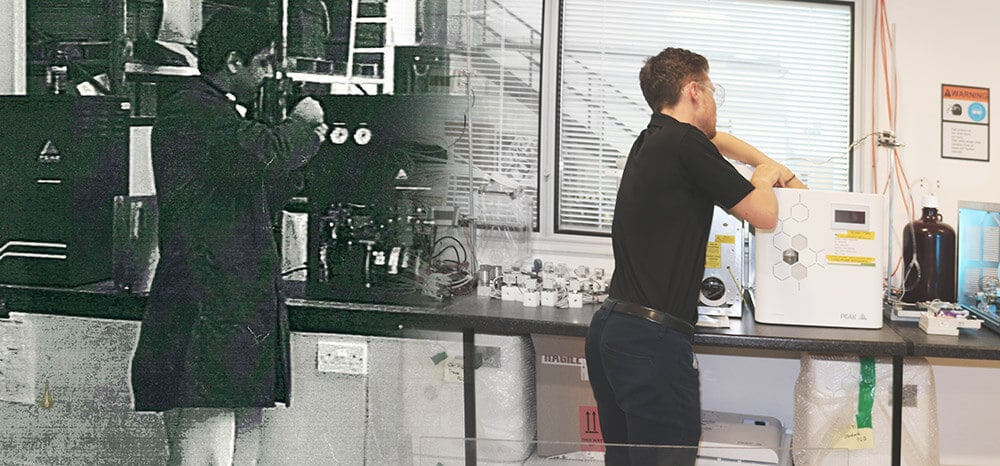
Peak Generators – An innovative solution to reducing COVID contact transmission for on-site gas
Written By: Felipe Soraires, LUP Global circular asset consultant
“Challenging times require innovative solutions”.
Since we started with LUP back in 2017 – people that follow us know that we are in a constant learning process to understand how we can provide smart solutions to make a better world for next generations. Of course we never imagined that we would be facing a global pandemic just a few years later. To navigate these difficult times we all need to look for new ways – game changers in how we operate. Through INNOVATION we can find smarter ways to collaborate.
If you start collaborating with people and partners who share the same values, then even the most difficult situations won´t be enough to make you fall down. This is the case of Peak Scientific, one of our dearest and closest strategic partners.
The pandemic has taught us that we need to think differently and fast, and Peak is definitely doing that, contributing with innovative and more important than ever now SAFE solutions for laboratories to source industrial gas.
As all businesses opening up in Australia (especially in Melbourne) need a COVID safe plan, Peak´s on site gas generators are a great solution to significantly reduce the risks associated with COVID contact transmissions. Traditional sources of gas with off-site gas generation require constant contact with too many people: picking up the cylinders at the gas companies, then truck delivery to site (not to mention health and environment risks due to the high storage pressures of cylinders/ boil-off gas options). This is creating a very serious concern in many customers, given the current health situation we are facing.
Peak´s on site generators not only reduce the risks associated with COVID contact transmissions, with far fewer regular cylinder deliveries to the lab and less manual handling, but also reduce the risks associated with the supply chain, as maximizing uptime of your laboratory with your own on site generators eliminates the risk of unexpected breakdowns.
LUP facilitates customers in conjunction with Peak’s technical experts to assure a greener way forward with major return on investments for your business with less unnecessary physical contact to make your business safer for you and each employee.
Contact us today to find out how you can get your own contact free gas generation solution!
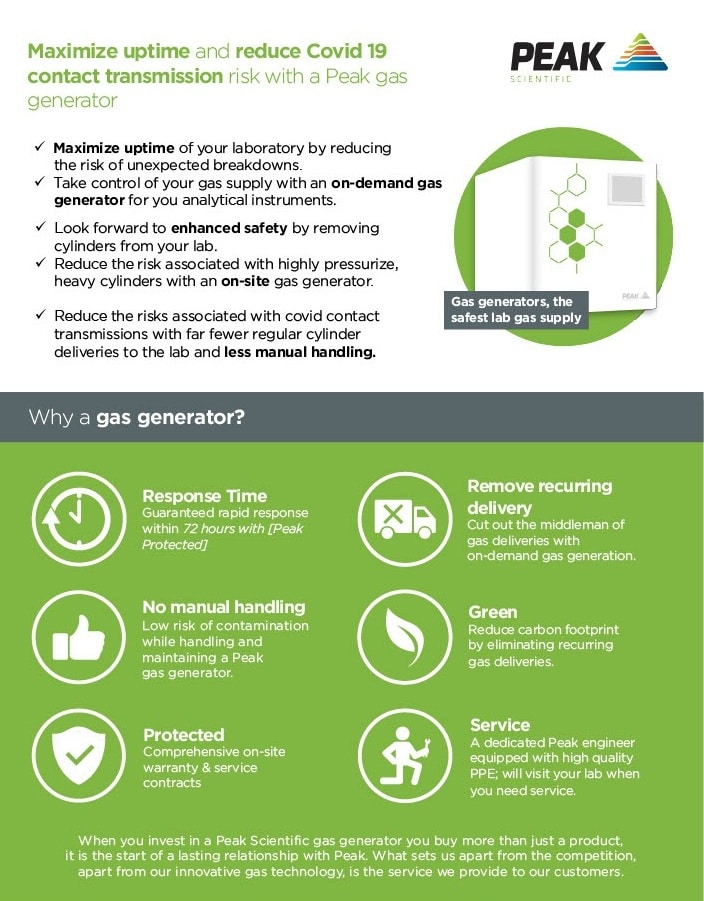
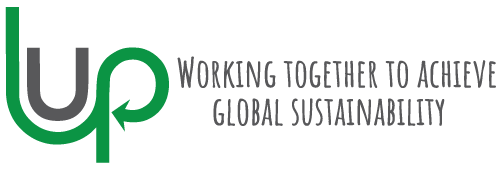
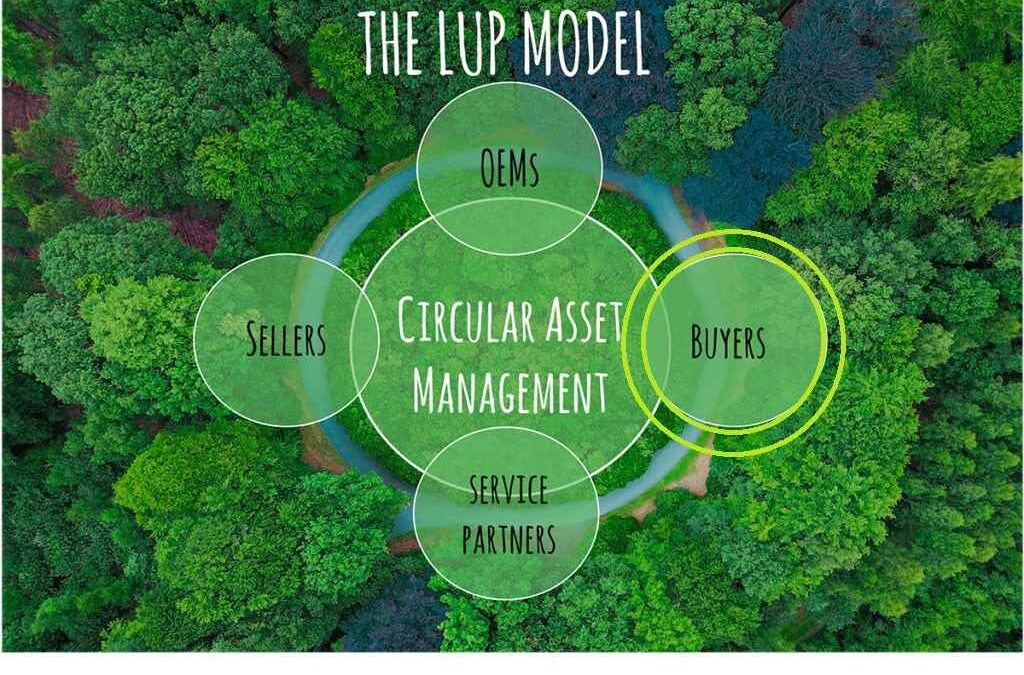
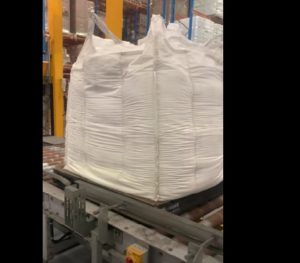
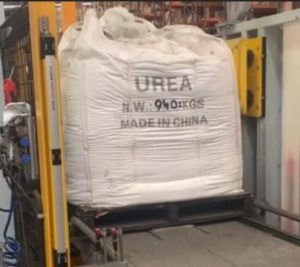
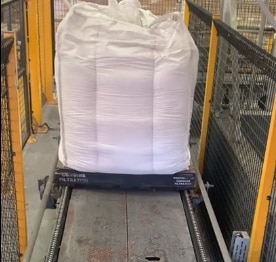
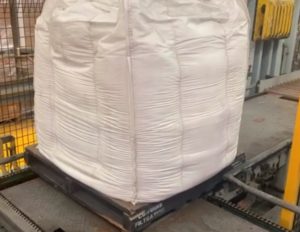
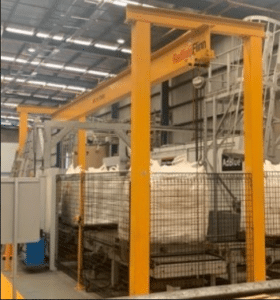
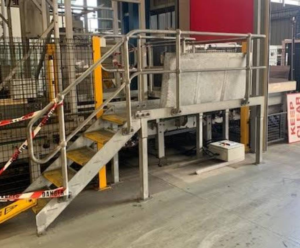

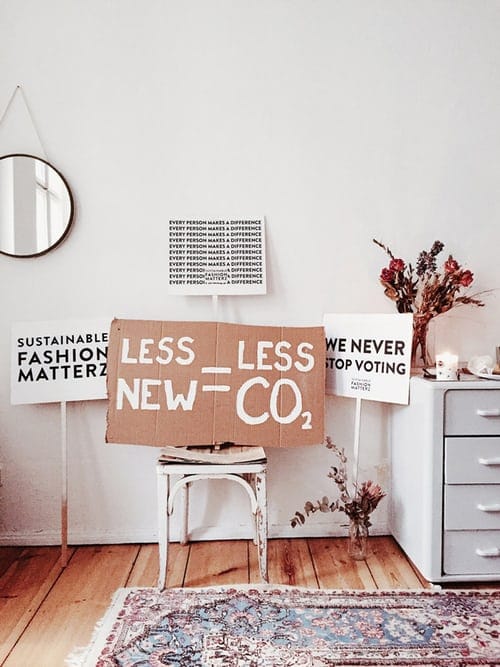
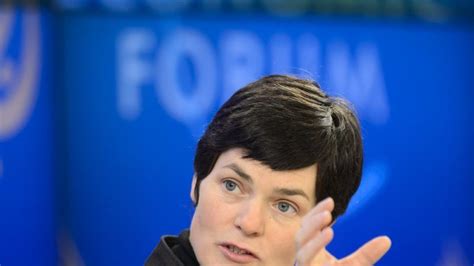 (Sourced from
(Sourced from 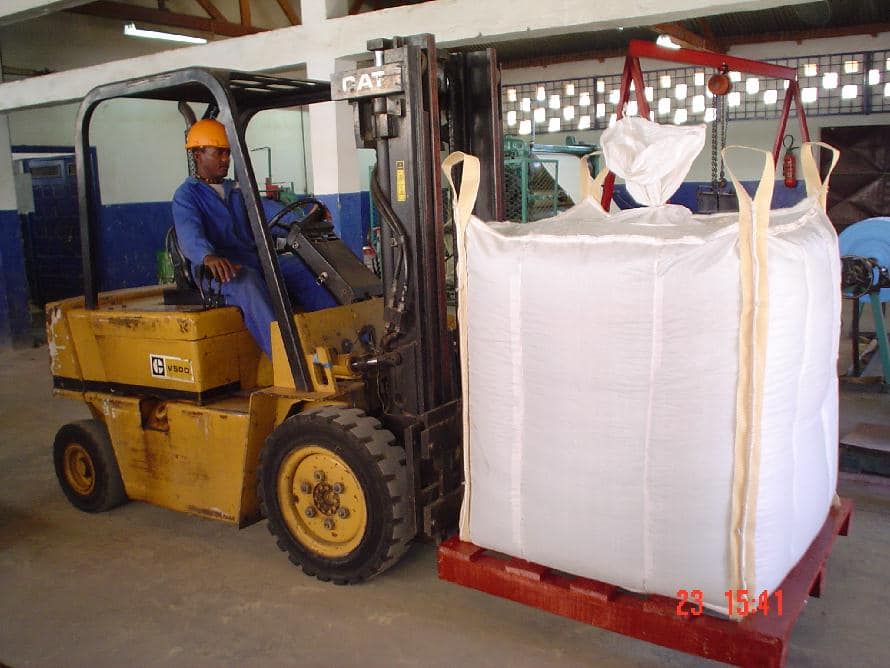
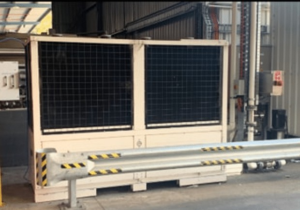
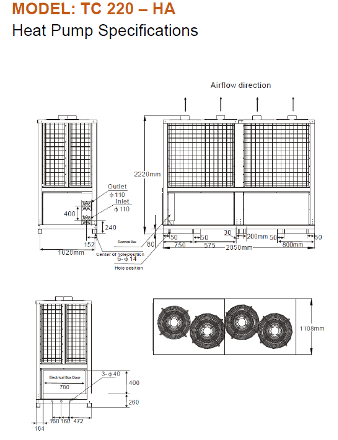

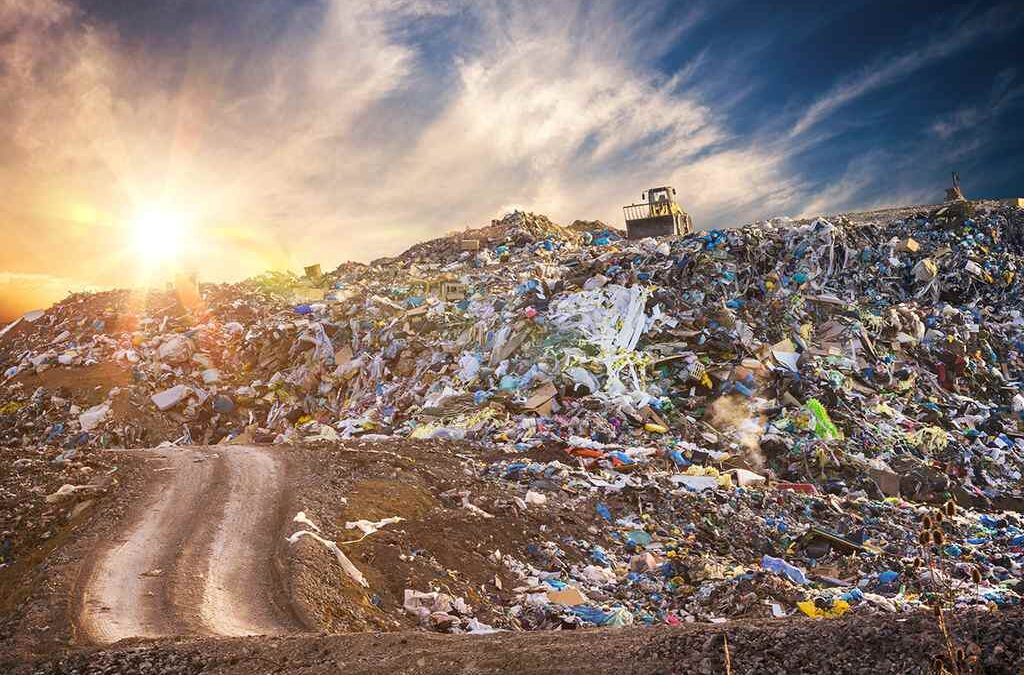
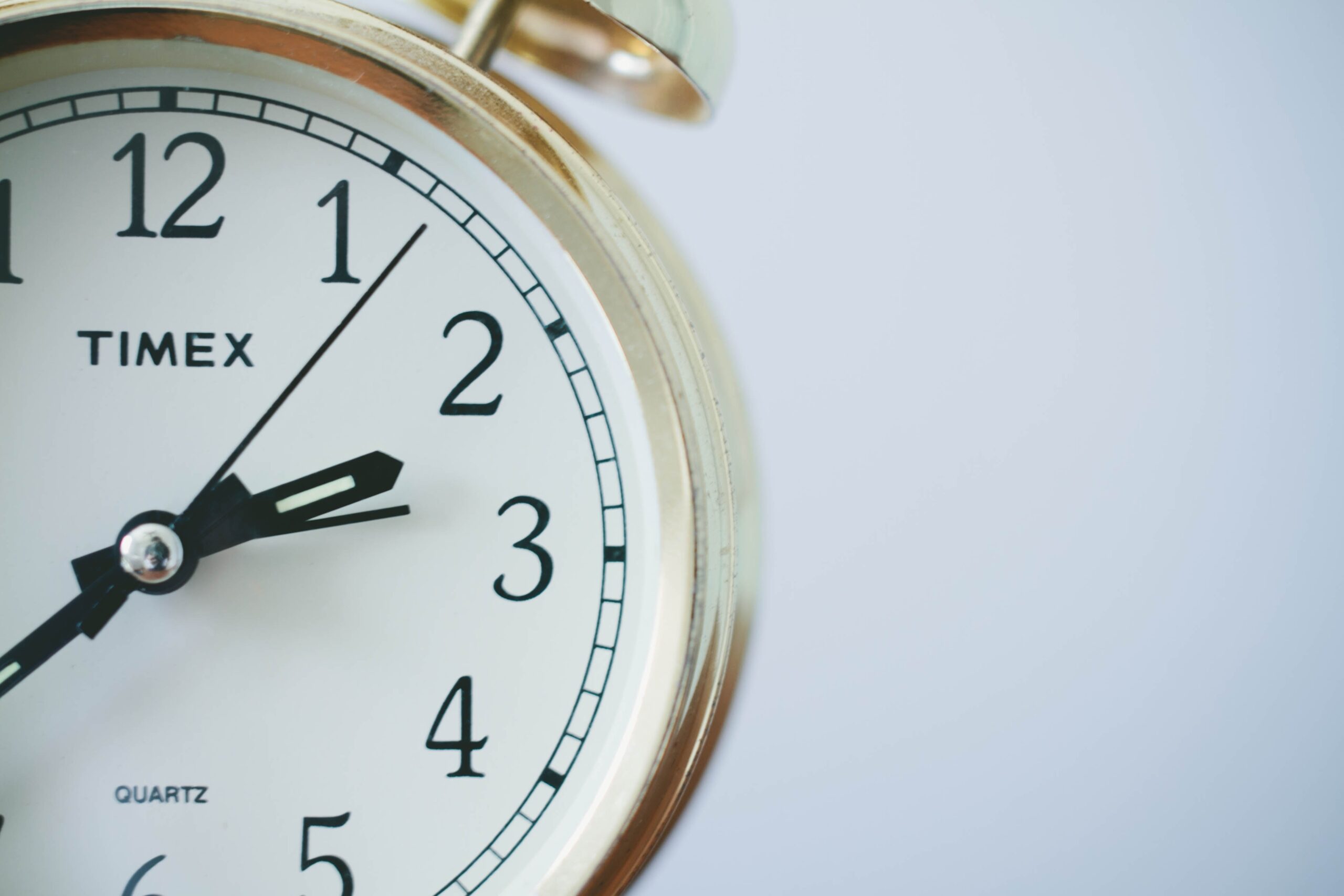
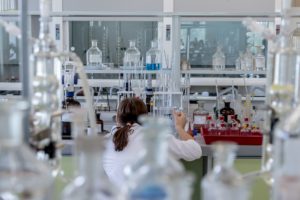 For instance a hospital, government sector organisation or even large private companies may implement a 5 year depreciation cycle for some of their assets.
At the end of the 5 year term the assets are generally replaced and disposed despite the assets still being in perfectly good working condition.
This is due to numerous factors, however one predominantly being that conventional Capital Expenditure budget allocations are often reduced the following year if they are not utilised. It is unfortunate, but it is true. And it is true for many other businesses that for this single reason alone, equipment in good working condition is ending up in landfill.
For instance a hospital, government sector organisation or even large private companies may implement a 5 year depreciation cycle for some of their assets.
At the end of the 5 year term the assets are generally replaced and disposed despite the assets still being in perfectly good working condition.
This is due to numerous factors, however one predominantly being that conventional Capital Expenditure budget allocations are often reduced the following year if they are not utilised. It is unfortunate, but it is true. And it is true for many other businesses that for this single reason alone, equipment in good working condition is ending up in landfill.